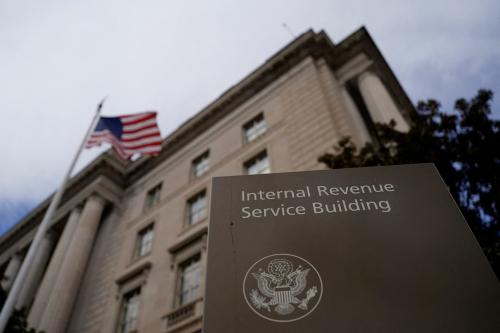THE PROBLEM
There are economically large costs of pretrial detention—and, by extension, the use of cash bail—due to the significant collateral consequences of having a criminal conviction on labor market outcomes as well as the direct costs of pretrial detention. In contrast, there are relatively small benefits to pretrial detention due to the relatively low costs of apprehending defendants who fail to appear in court. The existing evidence also suggests that the current pretrial system contribute to inequalities and inefficiencies in the criminal justice system.
THE PROPOSAL
The authors propose two sets of policy reforms. The first set of reforms—to use behavioral nudges to decrease pretrial violations and to move the default away from pretrial detention for low-risk defendants—are supported by enough evidence to justify immediate nationwide implementation. The second set of reforms—to improve the pretrial decision-making process through risk assessment tools and judge decision-aids, and to provide additional information on judge performance to both judges and the general public—are supported by enough evidence to justify pilot testing, with widespread implementation to follow if successful.
The Brookings Institution is committed to quality, independence, and impact.
We are supported by a diverse array of funders. In line with our values and policies, each Brookings publication represents the sole views of its author(s).





Commentary
Proposals for improving the U.S. pretrial system
March 15, 2019